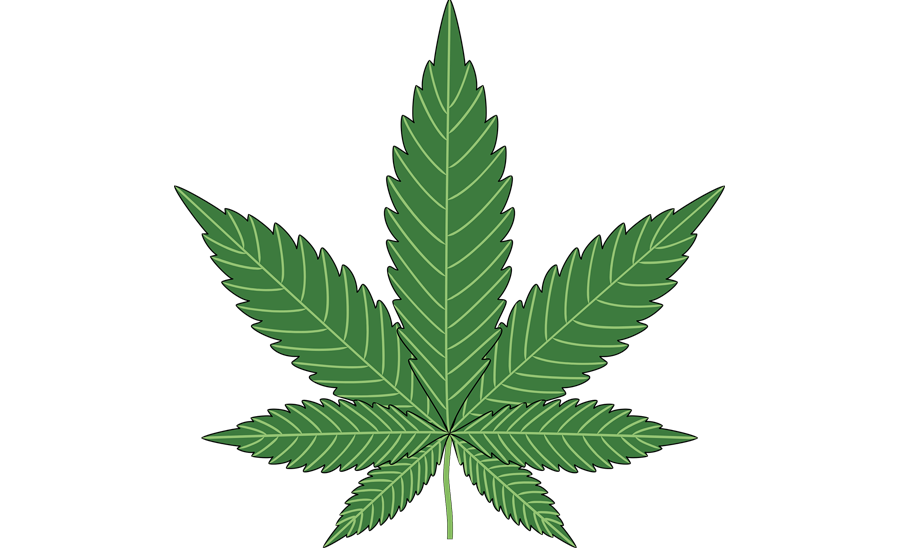Workplace fatalities sharply lower in states that have legalized medical marijuana

Workplace fatalities are down by an average of 19.5 percent in the 29 states and District of Columbia that have legalized the use of marijuana for medical purposes.
Those surprising results from a study in the International Journal of Drug Policy run counter to post-legalization predictions that marijuana’s effects on motor skills and cognitive function would cause an increase in workplace accidents.
They also raise a new question: are more workers using medical marijuana instead of alcohol or drugs – especially to deal with chronic pain, one of the conditions treated by medical marijuana? According to OSHA, in 2005 - prior to the passage of medical marijuana laws (MMLs) in 19 states - victims in up to 20 percent of work related fatalities test positive for drugs or alcohol.
In Medical marijuana laws and workplace fatalities in the United States, researchers D. Mark Anderson, Daniel I. Rees, and Erdal Tekin analyzed data from all 50 states and the District of Columbia between 1992 and 2015.
The goal: to determine the association between MMLs and workplace fatalities.
The researchers used Bureau of Labor Statistics data on workplace fatalities by state and year. Regression models were adjusted for state demographics, the unemployment rate, state fixed effects, and year fixed effects.
Their conclusion: legalizing medical marijuana has actually improved workplace safety – at least for workers aged 25–44.
Some key findings:
- Not only were MMLs associated with a 19.5 percent reduction in the expected number of workplace fatalities among workers aged 25–44, that association grew stronger over time. Five years after taking effect, MMLs were associated with a 33.7% reduction in the expected number of workplace fatalities.
- That association was a negative one among workers aged 16–24, although the study’s authors say it was “not statistically significant at conventional levels.”
- MMLs that listed pain as a qualifying condition were associated with larger reductions in fatalities among workers aged 25–44 than those that did not.
Related stories:
Protecting workers in rapidly growing cannabis industry
Cannabis industry and workers comp: A fast moving legal landscape
Looking for a reprint of this article?
From high-res PDFs to custom plaques, order your copy today!







.jpg?t=1721257160)
